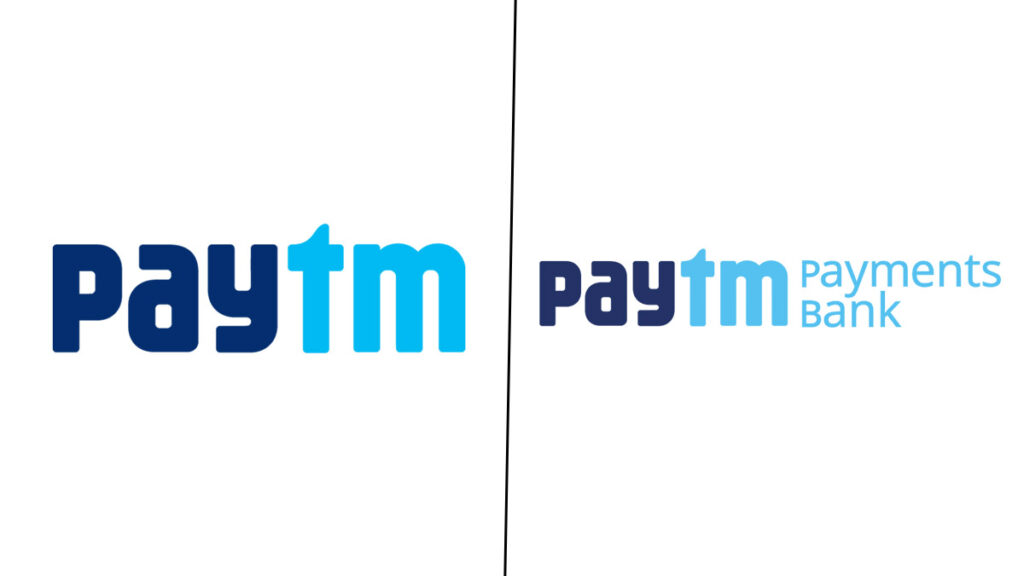India’s leading digital payments platform, Paytm, and its associated payments bank arm have reached a mutual decision to terminate several inter-company agreements as part of a strategic effort to reduce dependencies, announced the company on Friday.

Formally known as One97 Communications, Paytm did not provide specific details regarding the agreements being terminated. However, the move underscores the company’s commitment to streamlining its operations and fostering independence within its organizational structure.
In a bid to bolster governance autonomy, Paytm Payments Bank has agreed to simplify its shareholders’ agreement. This adjustment aims to ensure that the bank’s governance remains unaffected by the interests of its shareholders, thus promoting transparency and regulatory compliance.
Notably, Paytm CEO Vijay Shekhar Sharma holds a controlling 51% stake in Paytm Payments Bank, with the remaining ownership held by Paytm. However, recent developments indicate a shift towards greater operational autonomy within the bank, aligning with regulatory requirements and best practices in the banking sector.
This decision comes on the heels of Sharma’s resignation as non-executive chairman and board member of Paytm Payments Bank, marking a significant overhaul within the organization. The restructuring follows stringent regulatory actions initiated by the Reserve Bank of India (RBI), prompting Paytm to undertake comprehensive measures to address compliance issues and regulatory concerns.
The RBI’s directive to Paytm Payments Bank to wind down its operations by March 15 stems from ongoing concerns related to compliance shortcomings and supervisory challenges. Notably, these concerns include deficiencies in customer identity verification processes and a perceived lack of operational independence from Paytm’s parent company, as reported by sources familiar with the matter.
